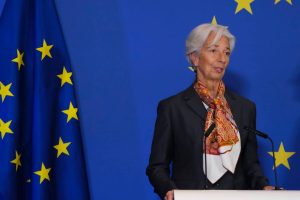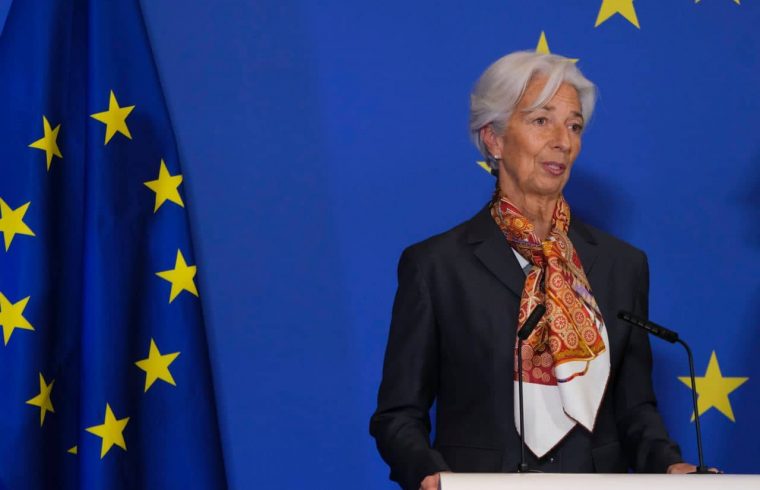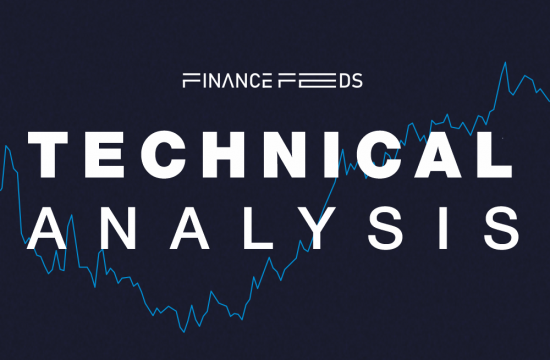President of the European Central Bank, Christine Lagarde, has called on lawmakers to start working on fresh crypto regulations to protect the financial system after the collapse of the FTX exchange.

Lagarde reiterated its previous call for MiCA II to regulate activities related to crypto asset-staking and lending. The term refers to an additional legislation building on the work lawmakers did for the original bill, the Markets in Crypto-assets (MiCA) Regulation.
Reflecting on FTX’s sudden implosion, ECB chief said the incident was more about the “stability and reliability” of the exchange. Still, it shows a need for proper crypto regulation before digital assets cause wider economic damage. Lagarde also was worried that crypto will eventually grow to the point where it becomes a financial stability risk.
Speaking as chair of the European Systemic Risk Board (ESRB), Lagarde stated that “The FTX case makes it clear what dangers a completely unregulated crypto market and crypto exchanges without licenses entail. We still have a large number of crypto asset service providers whose concept is not understandable. MiCA addresses exactly this problem. With a global MiCA, the FTX crash would not have happened.”
Her statements follow a tumultuous period for crypto markets in which Sam Bankman-Fried’s crypto empire filed for bankruptcy and owes its creditors up to $50 billion. Nearly five millions of FTX users are also waiting to get their money back.
“At least Europe on the road to crypto regulation is ahead of the pack. But as I said previously, it’s one step in the right direction. This is not it — there will have to be a MiCA II, which embraces broader what it aims to regulate and to supervise, and that is very much needed,” she added.
Earlier this month, Christine Lagarde said that the European Commission is set to release a legislative proposal defining the digital euro’s legal tender status and determine its privacy features in the near future.
Lagarde added that a digital euro could encourage financial inclusion among underserved communities by circumventing roadblocks, including transaction fees and documentation requirements.
The news comes after the European Parliament Committee on Economic and Monetary Affairs voted last month to advance a version of the much-debated Markets in Crypto Assets bill, or MiCA. The bill is now headed into final negotiations with the European Commission, the Council of the European Union and the European Parliament.












